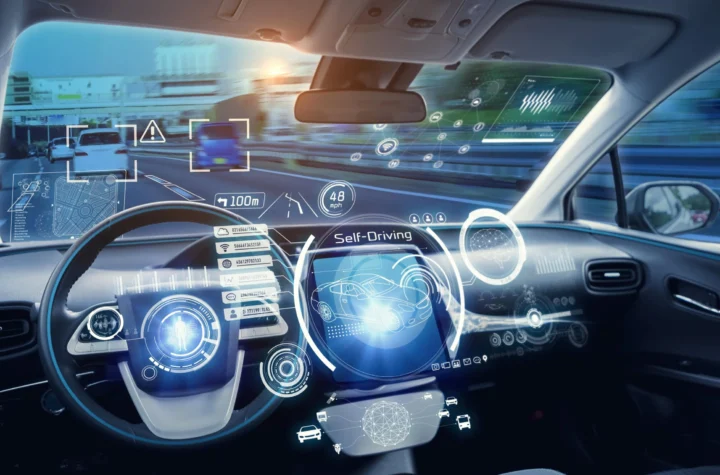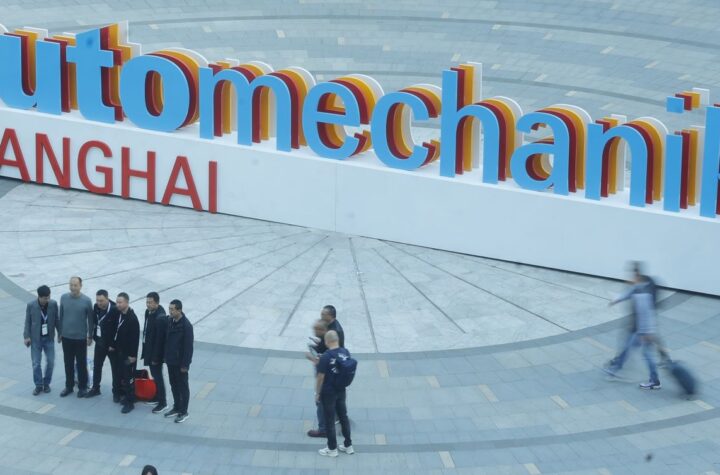
The shortage of drivers in the HGV sector has been well documented over the
past two years, but the Institute of the Motor Industry (IMI) is raising
concerns about another challenge for the market. It is currently seeing a
severe lack of Electric Vehicle (EV) trained heavy vehicle technicians which
could undermine EV adoption in all areas of HGVs, including public
transport.
Current IMI analysis suggests just 3% of HGV technicians are trained to work
on vehicles with high voltage systems*.
Steve Nash, CEO of the Institute of the Motor Industry comments: “We have
long championed for the Government and the automotive industry to
collaborate to overcome the financial, administrative and skills
difficulties that EV technology is bringing to the vehicle repair industry.
And there are certainly signs that employers are stepping up the pace to
support the UK’s rapid EV transition.
“However, our latest analysis reveals that the shortfall in qualified EV
technicians in the HGV sector is of even greater concern than that faced by
the passenger vehicle and light commercial vehicle (LCV) markets. With the
need to meet the Government’s HGV decarbonisation pledge – and a big ramp-up
in EV adoption already occurring in the public transport space – there is a
huge risk that there simply won’t be the skilled workforce to work on high
voltage vehicle systems. This could severely undermine the logistics and
public transport sectors and the last thing the UK needs is another crisis
in goods supplies.”
Coinciding with Transport Day at COP26, the Government announced its
commitment[i] to making the UK the first country in the world to phase out
new, non-zero emission heavy goods vehicles weighing 26 tonnes and under by
2035. All new HGVs sold in the UK will be zero emission by 2040. Whilst
these ambitions are rightly being applauded by transport and logistics
businesses and their industry representatives, the IMI has grave concerns
over the UK’s ability to adequately support a decarbonised HGV fleet by
2035, unless current investment in both recruitment and training is
significantly uplifted.
According to figures from Logistics UK[ii] there are nationally about 30,000
mechanics, technicians and fitters working on HGVs, trailers and PSVs, with
over 4,000 vacancies currently waiting to be filled, which is 35% higher
than before the pandemic. Add to this, analysis from the IMI shows that just
3% of heavy vehicle technicians are currently EV trained, and the scale of
the challenges the HGV sector face are beyond worrying.
“The electrification of the public transport network is a key component in
the UK’s mission to reduce emissions in towns and cities,” concluded Steve
Nash. “But this ambition could be severely undermined unless focus is put
on EV training for those who will need to work on these vehicles – and other
HGVs. We are already lobbying government for more funding to support the
necessary training and we are also working with government agencies to
suggest ways in which they could help to alleviate the severe recruitment
issues.”
Key Data
*The IMI’s 3% estimate is calculated using an evaluation of the number of
the individuals obtaining relevant qualifications from all awarding bodies,
as a proportion of the estimated 30,000 HGV technician population.















More Stories
QNX Embedded Technology Powers 255 Million Vehicles On The Road Today
Satellite connectivity provides unprecedented driver emergency assistance
Automechanika Shanghai 2024’s 20th anniversary edition opens today to unmatched participation of exhibitors and speakers ready to spotlight a sustainable future